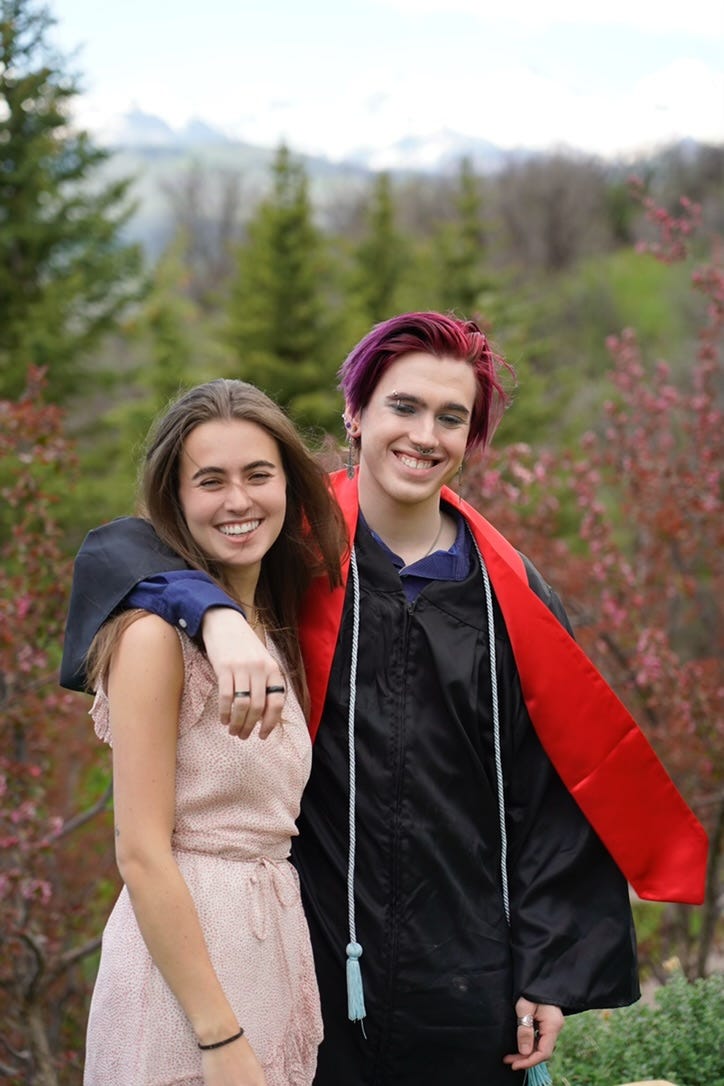Losing Bailey
tragedy and the long road ahead
“Life changes fast. Life changes in the instant. You sit down to dinner and life as you know it ends.” JOAN DIDION
Note to my would-be readers:
I keep this Substack free but due to heavy trolling I was forced to paywall this post. May kindness prevail.

Last month we put our youngest daughter Bailey on a plane to New York to start her first coveted job on Broadway, not knowing that this was our final goodbye. Within hours of landing in the city, a “friend” sold her drugs laced with fentanyl and she died in her sleep. She was only eighteen. It takes ten grains of salt worth of fentanyl to end a person’s life. It takes ten grains of salt worth of fentanyl to cause infinite collateral damage to those who remain.


